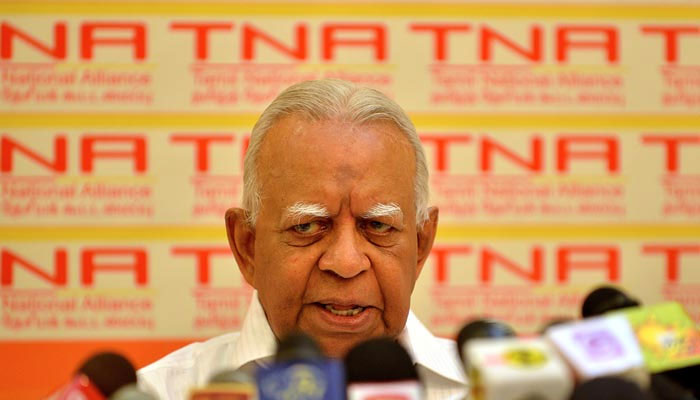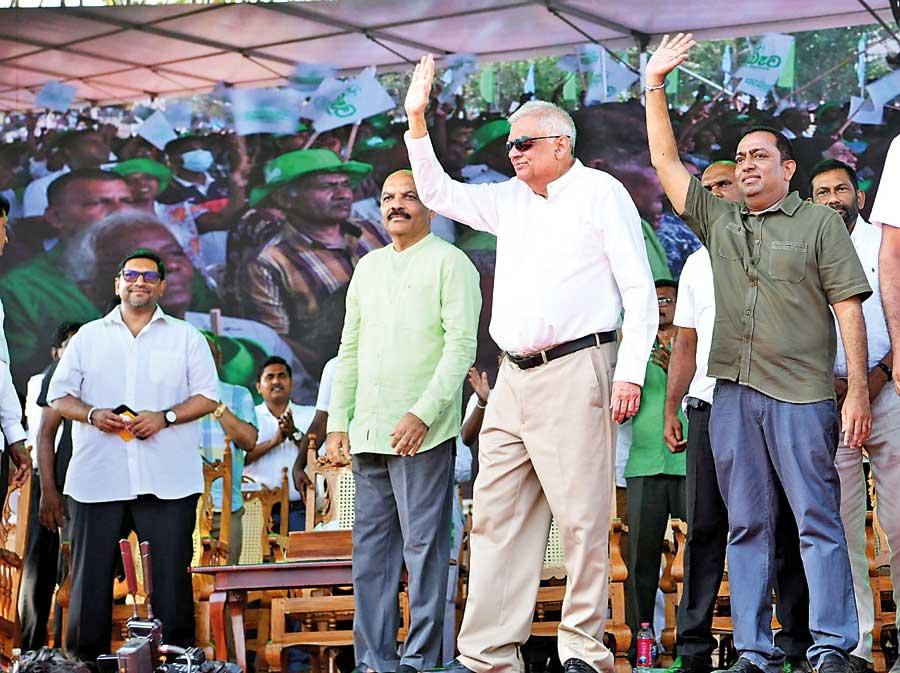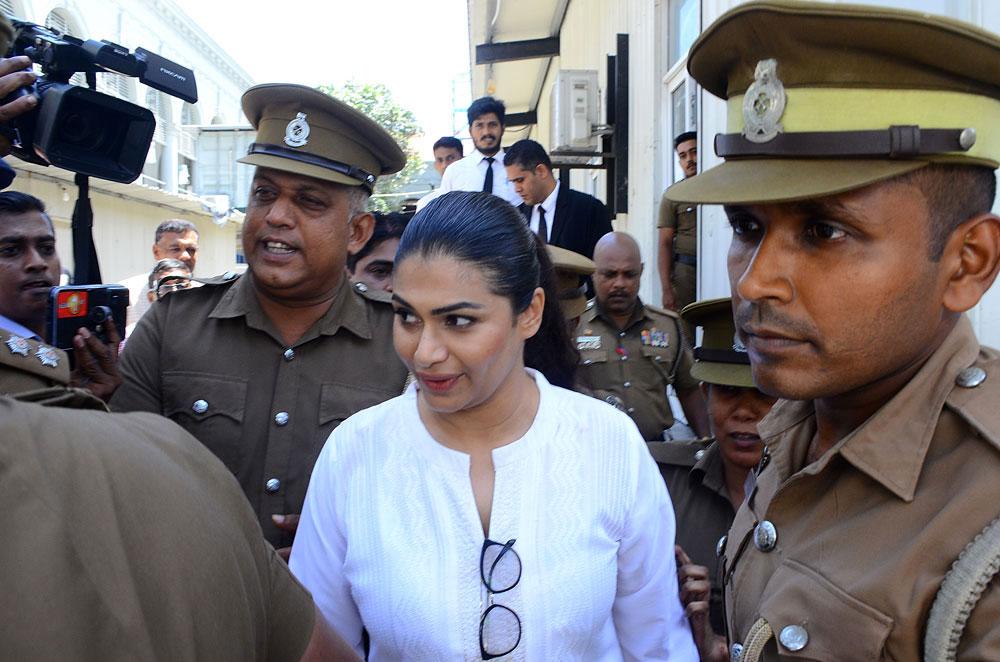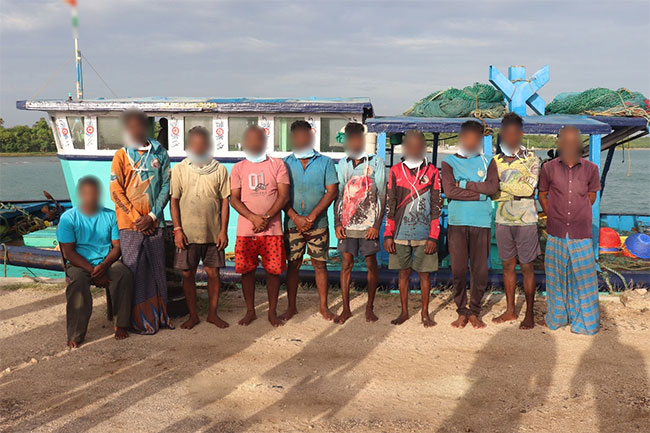By Garvin Karunaratne
Professor Paul Krugman said in 1999 , in the short run. The World is lurching from crisis to crisis, all of them crucially involving the problem of generating sufficient demand. Japan is finding that conventional monetary and fiscal policies aren’t enough. If it can happen to Japan how sure can we be that the European economy or even the still booming economy of the USA will not find itself in the same trap?”(Krugman: The Return of Depression Economics)
In today’s context, President Biden’s National Security Advisor Jake Sullivan’s statement comes of prime importance:.
The World needs an international economic system that works for our wage earners, works for our industries, works for our climate, works for our national security and works for the world’s poorest and most vulnerable countries”
(Remarks by National Security Advisor Jake Sullivan on Renewing American Economic Leadership at the Brooking Institution:April 22, 2023
U.S. Presidential Advisor Jake Sullivan opines that the economies of both the USA as well as the Third World countries are in the doldrums.
Professor Gary Gerstle of the University of Cambridge, also opines that Neoliberalism that was pursued from the time of President Ronald Regan has failed:
I discern the fall or at least the fracturing of a political order that took shape in the 1970s and 1980s and achieved dominance in the 1990s and the first decade of the Twenty First Century. I call this political formation a neoliberal order. Ronald Regan was its ideological architect; Bill Clinton was its key facilitator……the neoliberal order that arose in the1970s and 1980s and fell in the 2010s.” (The Rise and the Fall of the Neoliberal Order:)
The United Nations Development Programmes- the FAO, UNIDO, ILO held sway for development in Third World countries for around half a century, Concepts like Community Development and Non Formal Education were tried out in certain countries and Universities like Michigan State University heralded development initiatives at Comilla in Bangladesh. This attempt too though successful, lost steam.
The total failure we confront today could be due to the fact that only fiscal and monetary policies were followed, without addressing the fundamental need of people-employment and incomes.
The IMF came up with Neoliberalism in the early Seventies. No major change took place under Neoliberalism in the Developed Countries. However, under Neoliberalism, the Third World countries were subjected to various conditions by the IMF , if they were to be provided with financial assistance. This was the Structural Adjustment Programme(SAP) that was enforced from the early Seventies. The SAP included , in my words, “devaluation, which ensures that the country gets less foreign exchange when they export and also have to pay more for imports, high interest rates, which is designed to ensure that local manufacturing is costly, governments should curtail their activities, leading to the closure of all development programmes, privatization of State Ventures, Free Trade, De-regulation , Removal of Subsidies, High Interest Rates, all of which are non developmental. (Karunaratne:The Way Out of the IMF Stranglehold)
. The countries were also opened up for foreign investment.
In the early Seventies when the Oil Sheiks increased the prices of oil four fold almost all Third World countries had to seek IMF assistance. This was the opportunity the IMF took to enforce the SAP and consequently the Third World countries gradually had their economies in flames since the IMF, the toy of the USA to pursue its economic policy offshore” (words of Professor Rudiger Dornbusch), succeeded in restructuring the economies of the Third World to depend on imports instead of producing one’s needs, relax the use of foreign exchange to enable the rich to live in luxury, and depend on loans from the IMF eventually falling into serious debt. Relaxing the use of foreign exchange, a cornerstone of this neoliberal concept, enabled the rich to live in luxury- go on foreign holidays, educate their children abroad, enjoying foreign imports, using foreign funds made available by the IMF. This process also meant that the funds obtained on loans actually went back to the Developed Countries in some form or other, with profits, leaving the Third countries saddled with massive foreign debts.
Even large countries- India in following certain provisions of the SAP has built up a foreign debt of $ 612 billion, Mexico built up a foreign debt of $ 598 billion. None of these countries were earleir in debt as they had somehow to manage with their incomes. They had developed strict methods of managing their incomes till they had to follow the IMF dictate- abolish their development programmes and also desist from any developmental activity and they were forced to accept the IMF’s motto: the private sector as the engine of growth. .
The SAP was thus actually designed to restructure the economies of the Third World countries and eventually fall into the quagmire of foreign debt..
. Foreign Investment was hailed as the mantra that was expected to bring about development in the Third World countries. However, this Investment with success eventually brought enhanced profits to multinationals. On this basis many multinationals like KFC and Mc Donalds went to the Third World countries taking initially some foreign exchange to establish business concerns, traded in the local currency but took away their profits in foreign currency. This modus operandi helped the developed countries. When the foreign investors traded in the local currency and profits were taken away it went from the hard currency reserves of the country, In fact this actually increased the debts of the countries. The Third World countries were hoodwinked to think of this as investment in their favour.
The provision that the government had to abolish all development programmes meant that industries that existed making items for local use ceased and this shortfall had to be met with imports. This process too made the countries indebted.
Another feature of Neoliberalism was the imposition of high interest rates. In Sri Lanka the existing bank interest rate around eight percent was increased to over twenty percent. Local entrepreneurs closed their enterprises and locked their assets in fixed deposits, earning without working. .
. At first the IMF provided loans to these countries, at reasonable interest. However the IMF gradually backed out and these countries being unable to service their debts have had to borrow funds from other sources and even raise funds through international sovereign bonds at high interest. Thus these countries were inevitably saddled with a massive foreign debt, a debt they could hardly service with their incomes.
Professor Jeffery Sachs states of what happened to African countries:
Western Governments enforced draconian budget policies in Africa during the 1980s and 1990s.. The IMF and the World Bank virtually ran the economic policies of the debt ridden continent recommending regimens of budgetary belt tightening known technically as Structural Adjustment Programs. These Programs had little scientific merit and produced even fewer results. By the start of the Twenty First Century, Africa was poorer than in the late 1960s when the IMF and the World Bank first arrived on the scene, with disease, population growth and environmental degradation spiralling out of control. IMF led austerity frequently led to riots, coups and the collapse of public services and led to riots.”( Sachs: The End of Poverty)
This same dubious process also happened to countries in Asia.
It is important to note that this was all wanton damage, as one of the lieutenants, John Perkins who was in charge of the preparation of projects for loans confessed: we do not want them to honour their debts since the non-payment is what gives our leverage- our pound of flesh.”( Perkins: Confessions of an Economic Hitman)
It is important to note that In providing loans to the Third World countries, the interests of the Developed Countries has always been assured, as revealed by Paul Volker,
“As Chairman of the Federal Reserve along with administrative colleagues, major foreign Central Banks and especially the IMF could arrange stopgap official financing and set out appropriate conditions for the heavily indebted borrower countries(determined) out of our common concern about threats to the American and the global banking system.(Volker:Banker to the World)
Thus this neoliberal system enforced on Third World countries contributed to making the Third World countries indebted and had no adverse effect on Developed Countries. Instead the banks of the Developed Economies benefited through financing loans.
The creation of severe poverty and deprivation among the majority of people in the Third World was an inevitable result.
This severe poverty has also caused a major unauthorized immigration movement of the poor from theThird World countries to the Developed Countries.
I recall the movement of the Aryans to india that happened in about 1800 to 1500 BC.. Similarly the move of Europeans taking over the Americas took place over three centuries- 15th to the 18 th Century.
To my mind, a similar exodus of the poor and deprived in Third World countries is happening in all Developed Countries. BBC London said, “Global migration to rich countries is at an all term high.”(BBC:26/2/24)There is a vast movement of the poor from South American countries and Mexico to the USA. The US Border Patrol reported over 1.6 million encounters with immigrants on the Mexican border in 2021. Under the Biden Administration years over 6.3 million immigrants have been detained crossing into the USA(BBC:26/2/24)
In Europe, Italy has called for a state of emergency in response to a rise in immigrant numbers. The poor from African and Asian countries cross the Mediterrean Sea to Italy, aimed at reaching the Developed countries in Europe. Most of the immigrants aim to get to the UK because the UK upholds human rights concerns more than other countries. In the year ending June 2023, 52,530 irregular immigrants entered the UK. This is the recorded number. More enter the UK illegally. As a consequence many cities in the UK are full of immigrants, mostly entereing illegally. The population of Paris is 49% immigrant and in London 37%. The UK is finding it difficult to cope.
This movement of the poor commenced in the past three decades and I opine that this is a direct result of the poverty and deprivation caused in the third World countries by the imposition of the SAP by the IMF. This move of the poor to Developed Countries cannot be stopped. The ONS(Office of National Statistics) even states that 10.3 million could migrate to the UK in the next 12 years. This reflects the magnitude of the problem.
Working in Adult Education in London in 1989, we greeted immigrants displaced from their countries like Somalia and found them education. Then it was the cream of those countries who sought refuge in London. Now it is the rif raf, the poor and deprived who brave the seas and even risk drowning to get to the solitude of the Developed Countries to find a living. The immigrants to Europe ended in Britain as it was only Britain that accepted them. Illicit immigrants in France, known to the author were even denied education, which we in the UK readily provided. .
This movement of the poor and deprived people from Third World countries seeking asylum commenced in the past two decades. This a direct result of the poverty and unemployment in Third World countries caused by the implementation of the SAP enforced the IMF on Third World countries..
It is time that the IMF and the leaders of the Developed Countries realize that it is the enforcemet of the neoliberal policies via the SAP that has caused this poverty and deprivation in the Third World countries and has also brought about the movement of people in their millions to Developed Countries and realize the necessity to change the present policies of the IMF.
What is required is to enable the Third World countries to attend to development tasks in producing their needs, develop their resources, bring about development and employment through , import substitution and self reliance and enable economic success so that the people in them can find earnings and live happily without migrating as illicit immigrants to Developed Countries.
This is also the only alternative available to the IMF and the Developing Countries like the USA to maintain their current populations and their economies intact, without being taken over by unwanted immigration.
Professor Gerstel of the University of Cambridge deserves to be commended for his writing. It will be ideal if the academic expertise in premier Universities were to attend to research aimed at finding a new paradigm for development which could replace the notorious Structural Adjustment Programme.
It is hoped that the IMF understands its mistake in pursuing the Structural Adjustment Neoliberal programme on Third World countries and make amends. Universities, holding the cream of excellence in teaching, should also play a positive role aimed at total development.
Garvin Karunaratne, Ph.D. Michigan State University,
26062024 garvin_karunaratne@hotmail.com
Garvin Karunaratne is the author of the following books:
Microenterprise Development: A Strategy for Employment Creation & Poverty Alleviation in the Third World: The Way Out of the IMF Stranglehold; Sarasavi, 1997
How the IMF Ruined Sri Lanka abd Alternate Progrmmes of Success, Godages, 2006
How the IMF Sabotaged Third World Development, Godages/Kindle, 2017
How the IMF’s Structural Adjustment Destroyed Sri Lanka, Godages, 2022


 Power (NPP) and Sajith Premadasa of Samagi Jana Balawegaya who have already announced their candidature.
Power (NPP) and Sajith Premadasa of Samagi Jana Balawegaya who have already announced their candidature.




